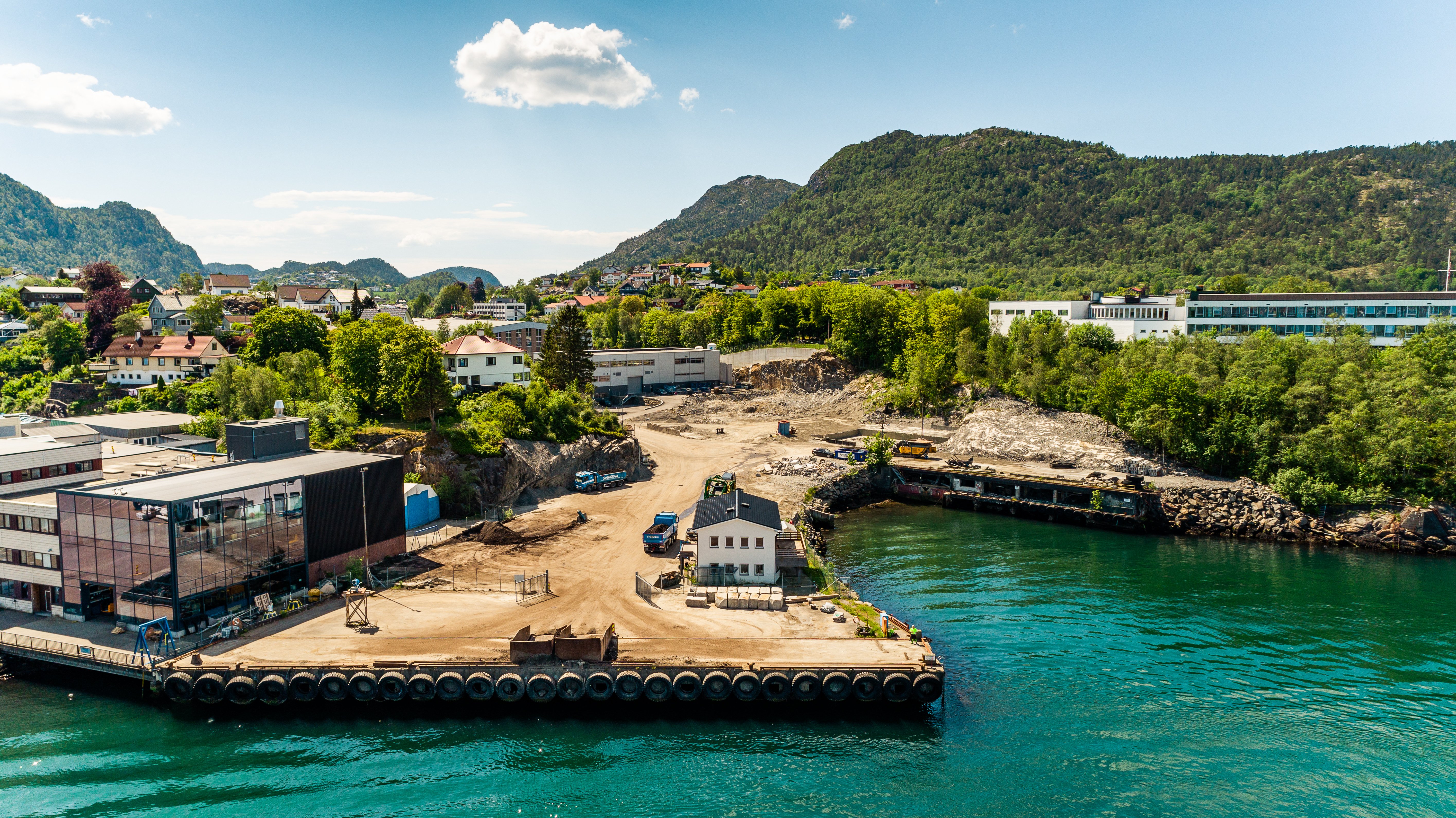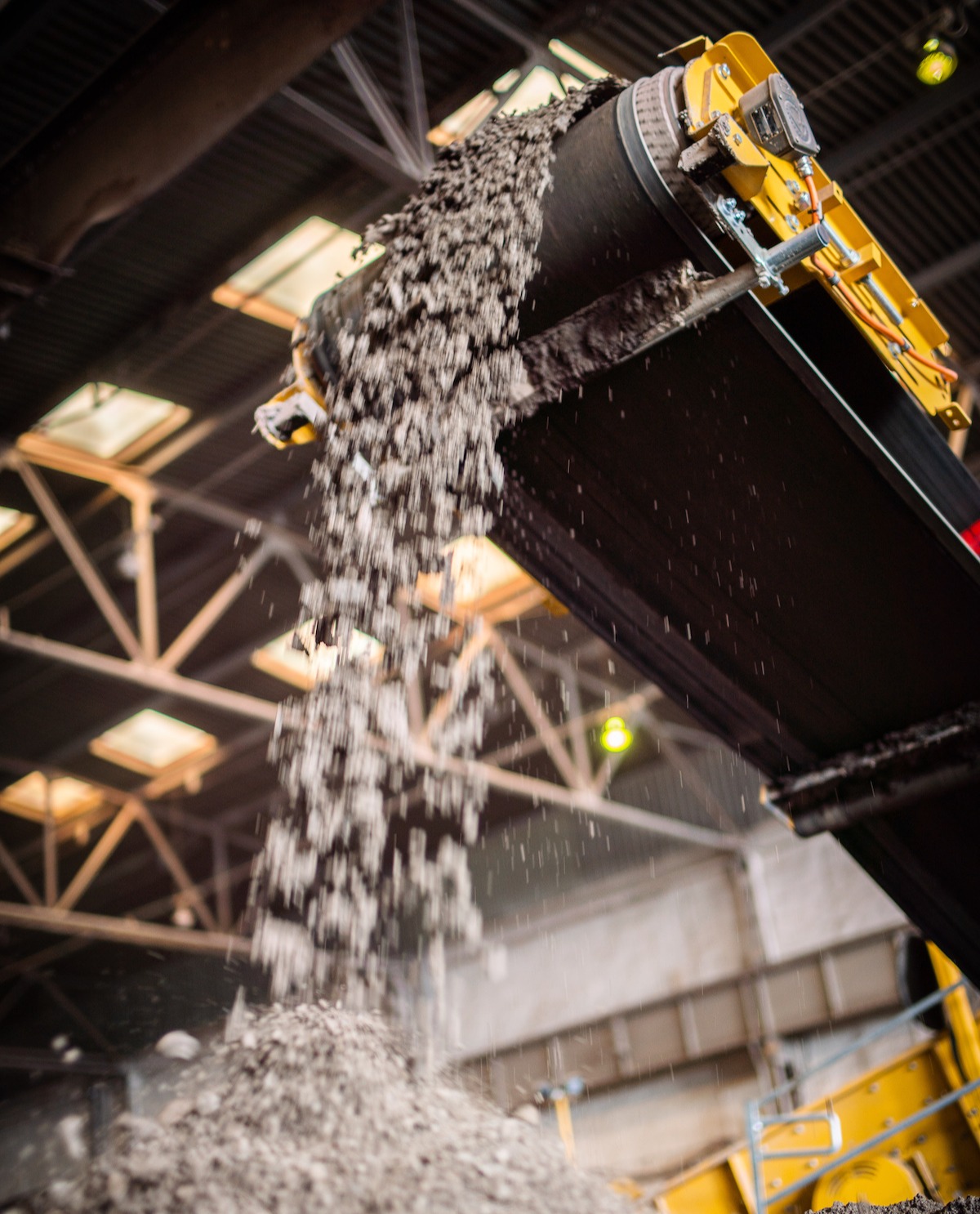
Invasive Species - business
A serious problem for humanity and our ecosystems.
Invasive alien species have a major and detrimental impact on the natural environment and people’s well-being.
Have you heard of Japanese knotweed, common broom, beach rose, Pacific oysters or sea vomit? These are examples of what we call blacklisted species, more commonly referred to as invasive alien species (IAS). Unfortunately, they are the cause of huge problems in Norway and all over the world.
As the name suggests, they escape from their natural habitats and are assisted by people to reach their new destinations. To put it bluntly – where you have people and infrastructure, you have these species. They can be transported in different ways, for example in construction materials, on planes or trucks, and even in the soil on our shoes or clothes.
What’s really scary is that invasive alien species are now the second biggest driver of biodiversity loss on our planet, and the financial costs of eradicating or controlling these problems is enormous. Some experts believe that it could amount to as much as 5% of global GBP. There is a clear need to prevent these alien species from spreading, and the building and construction industry must do its bit.
IAS hide in the form of seeds, plant fragments and roots, and they can be concealed in soil that is being transported from one place to another. They can then start getting established in their new area of distribution, where they will displace the native species or cause disease and damage.
Envir has developed a scientifically tested method of sanitising bio-contamination. The method guarantees that soil will be 100% weed-free. It prevents harmful species from spreading, and allows the treated soil to be reused. Did you know that it takes nature about 100 years to produce 1 cm of new soil? That tells us something about how important it is for us to look after the good soil that we have.
